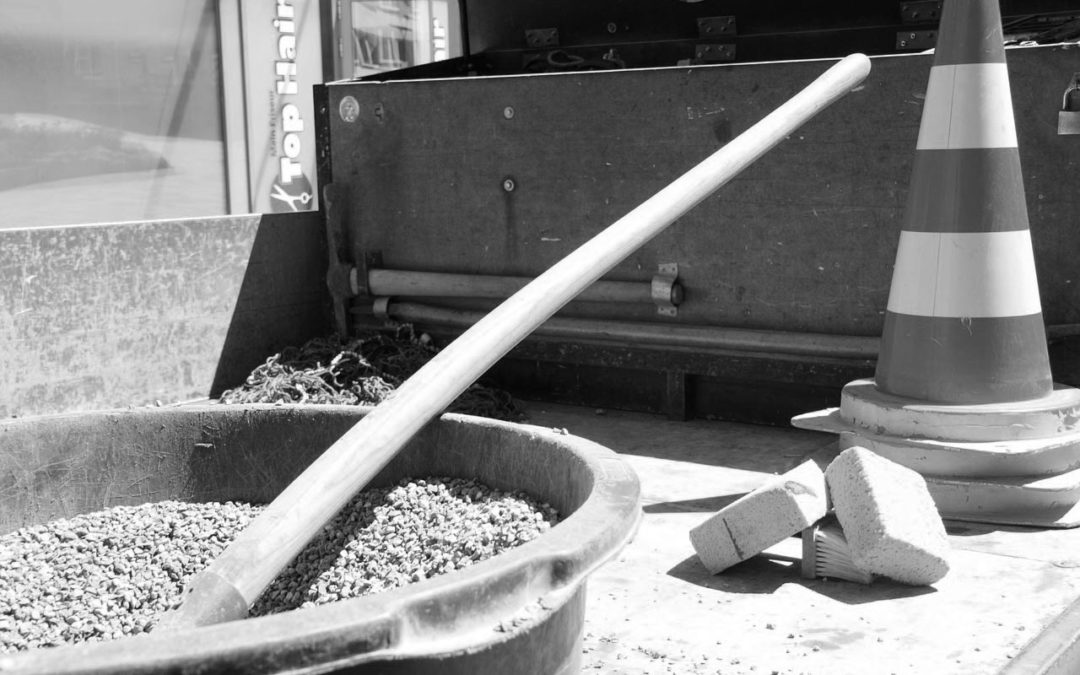
Willam O’Connor Solicitor & Partner
William O’Connor, Solicitor and Partner at our firm, recently featured in The Irish Times Property Clinic. You can read the original article here and or read the full article below.
Property Clinic: Document everything if nearby building work is adversely affecting your home
The house next door which is detached is undergoing refurbishment.
So far we have had rubble and broken glass landed on our property. When I finally got to speak to the contractor, he acted as though it did not come from his site.
The latest is cement splattered on our walls and drain pipes. Where do I go from here when the contractor chooses to ignore my issues?
From the facts stated your issues have been caused by the contractor carrying out refurbishment work on a neighbouring property.
All proper precautions ought to have been taken by the contractor to prevent the rubble, broken glass and cement escaping from next door into your property. The failure to take such measures is interfering with your own use and enjoyment of your property.
First, document the evidence. Take photographs of the damage caused, note the times and dates of specific events including your conversations with the contractor. You may need to use these in evidence to prove liability in due course.
Written complaint
Second, identify the wrongdoer. Investigate who the contractor and property owners are. If one or other of them is a limited company, ensure you identify the address of its registered office and the names of the directors.
Third, send a written complaint to the contractor and to the property owner. This will ensure they are aware of the issues and the damage caused. It should put them on notice that you are prepared to take appropriate legal action, if necessary, and invite them to reply to you with a proposed day, date and time to meet and discuss the issues within seven days of your letter.
These issues may be resolved without having to commence legal proceedings. Cleaning the cement, broken glass and rubble that has landed on your property and splattered on your walls and drain pipe might be something the contractor is prepared to do or pay for. The contractor and property owners should also agree to take all appropriate measures to prevent any further occurrences.
Remedial works

Ask for insurance details before remedial work begins.
If you manage to reach agreement and the contractor is going to carry out the remedial works, make sure to ask for a copy of their employer’s liability and public liability insurance before they enter your property. Do not assume they have insurance.
If you are not prepared to allow the contractor carry out the remedial works, identify the cost associated with same and attempt to agree the costs of you getting the work done yourself.
If you do not receive a response to your letter of demand, you might have to consider legal action. Where possible try to negotiate a settlement without the need for a court hearing. Your solicitor will inform you on alternative dispute resolution methods such as mediation which may be less costly and facilitate you reaching an appropriate resolution without going to court. If the matter cannot be settled, you should instruct your solicitor to bring a claim to court.
William O’Connor, solicitor at PO’Connor & Son, Swinford, Co Mayo
Featured Image by Anne Retter from Pixabay
Image by Michal Jarmoluk from Pixabay

